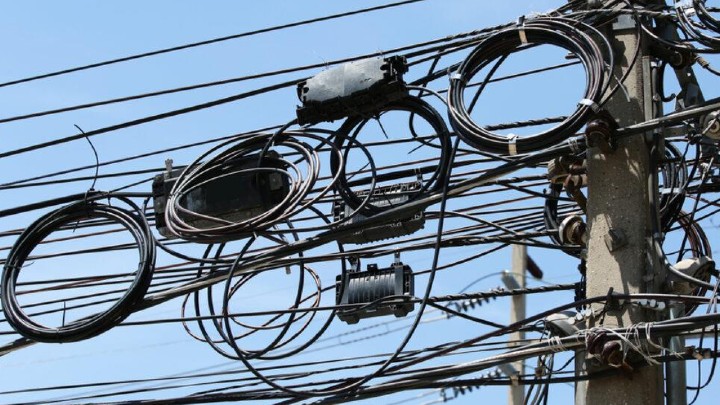NTIA Administrator Arielle Roth signaled a potential reallocation of BEAD’s so-called non-deployment funds, hinting they could be deployed to advance policy objectives such as permitting reform, during remarks at The Hudson Institute last week.
Roth noted that the unspent funds, part of the BEAD program, are expected to surpass $20 billion, according to recent reporting.
“No final decisions have been made, but this could be a powerful way to advance BEAD’s goals,” she said, adding that federal streamlining is only part of the equation and that states must match the federal urgency. “That’s why we are requiring in our award agreements firm commitments from states to expedite permitting, including commitments to streamline processing, minimize permitting-related costs, and to the extent permitted by law, follow FCC rules on access to poles and conduit, including rules on ‘one-touch make-ready’ and ‘self-help.’”
Roth also announced a new requirement for providers that receive BEAD funding: states must obtain written statements from providers pledging they will not seek additional federal dollars for projects. “Those unwilling to make that commitment will not get an award,” she said. “Their proposed service areas will instead go to entities that can and will deliver.”
The administrator emphasized that the push to tighten subsidy certainty is aimed at avoiding a scenario where providers rely on future subsidies, potentially delaying deployment and undermining BEAD’s objectives.

















![[AS52888] Universidade Federal de São Carlos (4 probes)](https://r2.isp.tools/images/asn/52888/logo/image_100px.png)
![[AS2716] Universidade Federal do Rio Grande do Sul](https://r2.isp.tools/images/asn/2716/logo/image_100px.png)
